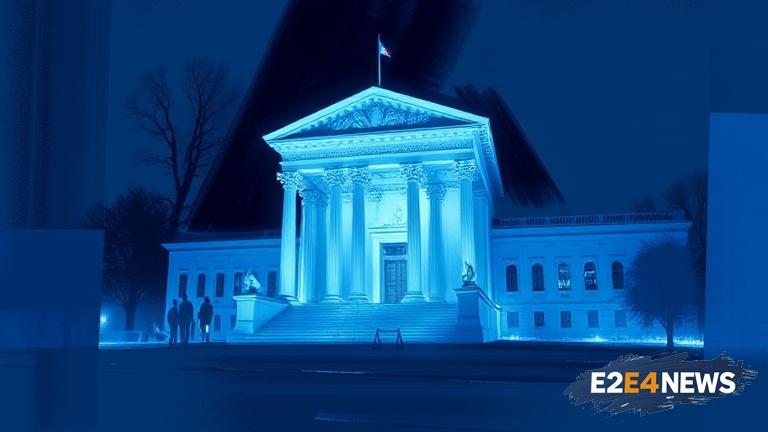In a recent development, NetChoice, a trade association representing major technology companies, has filed a petition with the Supreme Court of the United States, seeking to block a Mississippi law that imposes significant restrictions on social media companies’ content moderation practices. The law in question, which is set to take effect, would prohibit social media platforms from removing or restricting certain types of content, including posts that may be considered offensive or misleading. NetChoice argues that this law violates the First Amendment rights of social media companies, which have the right to decide what content to host on their platforms. The association claims that the law would force social media companies to host content that may be harmful, offensive, or inappropriate, which could damage their reputation and undermine their ability to provide a safe and respectful environment for their users. Furthermore, NetChoice contends that the law is overly broad and vague, making it difficult for social media companies to comply with its requirements. The petition also highlights the potential consequences of the law, including the spread of misinformation, hate speech, and other forms of harmful content. NetChoice is joined in its petition by other technology companies and civil liberties groups, which share concerns about the law’s impact on free speech and the ability of social media companies to moderate content. The Supreme Court’s decision on this matter could have significant implications for the regulation of social media and the balance between free speech and content moderation. The case is being closely watched by technology companies, civil liberties groups, and lawmakers, who are eager to see how the Court will rule on this critical issue. The Mississippi law is part of a broader trend of state-level legislation aimed at regulating social media companies and their content moderation practices. While some lawmakers argue that these laws are necessary to protect users from harmful content, others contend that they infringe upon the First Amendment rights of social media companies. The Supreme Court’s decision on this matter could provide clarity on the extent to which social media companies can be regulated without violating their First Amendment rights. NetChoice’s petition is the latest development in a long-running debate about the role of social media companies in regulating online content. The association has been a vocal advocate for the rights of technology companies to moderate content on their platforms, and has argued that overly broad regulations could stifle innovation and undermine the ability of social media companies to provide a safe and respectful environment for their users. The petition also highlights the importance of preserving the integrity of social media platforms, which are critical infrastructure for modern communication and commerce. By seeking to block the Mississippi law, NetChoice is seeking to protect the rights of social media companies to make decisions about what content to host on their platforms, and to ensure that users are protected from harmful or offensive content. The case is likely to be closely watched by technology companies, lawmakers, and civil liberties groups, who are eager to see how the Supreme Court will rule on this critical issue. The outcome of the case could have significant implications for the future of social media regulation, and could provide clarity on the extent to which social media companies can be regulated without violating their First Amendment rights. In addition to its petition, NetChoice has also filed a brief with the Supreme Court, outlining its arguments and providing evidence to support its claims. The brief highlights the potential consequences of the Mississippi law, including the spread of misinformation and hate speech, and argues that the law is overly broad and vague. NetChoice also argues that the law would force social media companies to host content that may be harmful or offensive, which could damage their reputation and undermine their ability to provide a safe and respectful environment for their users. The Supreme Court’s decision on this matter could provide clarity on the extent to which social media companies can be regulated without violating their First Amendment rights, and could have significant implications for the future of social media regulation.
